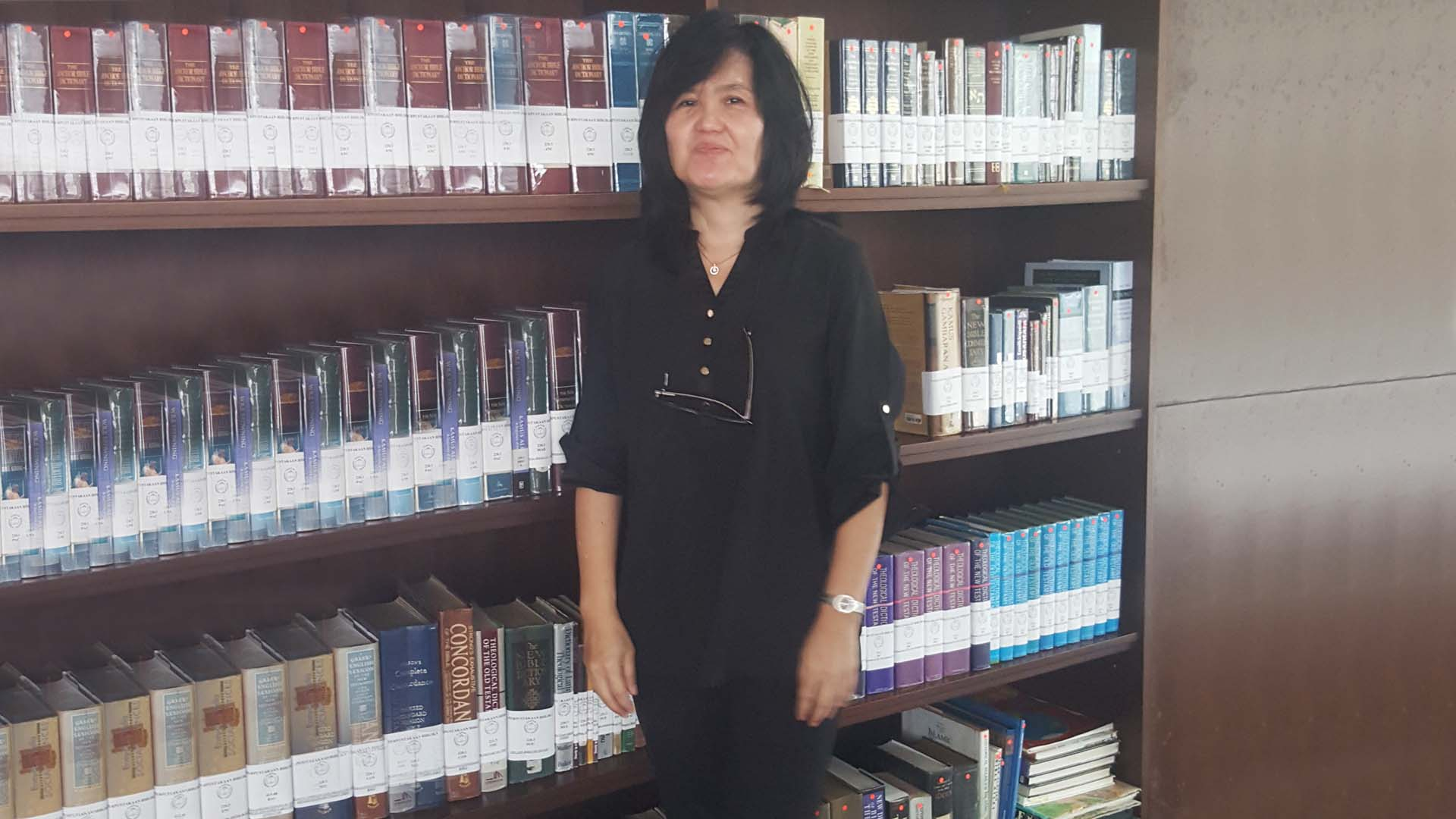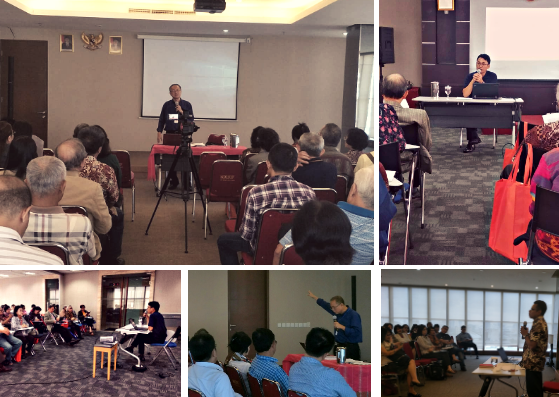About the different translations in Ezekiel 34:16
.
(Rev. Anwar Tjen, Ph.D., Head of LAI Translation Department)
The Indonesian Bible Institute often receives questions from Bible readers about the sharp differences in the translation of Ezekiel 34:16. For clarity, consider the following excerpt from the New Translation of the Bible (1974 = TB-LAI):
“Yang hilang akan Kucari, yang tersesat akan Kubawa pulang, yang luka akan Kubalut, yang sakit akan Kukuatkan, serta yang gemuk dan yang kuat akan Kulindungi. Aku akan menggembalakan mereka sebagaimana seharusnya.”
Compare this with the following translation:
I will search for the lost and bring back the strays. I will bind up the injured and strengthen the weak, but the sleek and the strong I will destroy. I will shepherd the flock with justice (New International Version = NIV).
Which one is right? God will one day protect the fat and strong sheep (TB-LAI), or destroy the fat and strong sheep (NIV)? Did the TB-LAI mistranslate it? How to explain these contradictory meanings?
(1) First of all, please note that like many Bible translations, the TB-LAI is translated according to the ancient Hebrew texts for the Old Testament and the Greek texts for the New Testament. One of the ancient Hebrew texts followed is the Masoretic text. The Masoretic text was copied by a group of Jewish scholars between the 7th and 10th centuries AD. Most Bible translations today follow the Masoretic text, but do not follow it exactly for every verse. The reason is that, although very small in number, there are certain passages in the Hebrew text itself that are obscure, incomplete, or can be understood with different meanings.
(2) Around the 2nd century A.D., the Hebrew Bible (Old Testament) was translated into Greek. This translation is called the Septuagint and was done in Alexandria, Egypt. The Septuagint was obviously translated from the Hebrew text, so when the Masoretic text is incomplete or when the Masoretic text is difficult to understand, the Septuagint can be utilized as an important reference. Based on this ancient translation, scholars can trace the Hebrew text behind the translation.
So, in addition to the Masoret text, in certain cases scholars need to consider other Hebrew texts that are considered authentic, including the Hebrew text behind the Septuagint and the famous Dead Sea Scrolls.
(3) In Ezekiel 34:16 the Masoretic text contains the word אשׁמיד (’ashmîd) which means "I destroy, I annihilate", when in the previous verses the LORD promised to seek and save His sheep (34:11-15). Why in verse 16 is the word "destroy" suddenly used for the fat and strong sheep? This change is also inconsistent with the LORD's affirmation at the end of this verse, "I will shepherd them as they should be."
(4) The misalignment raised a question mark and prompted scholars to examine other ancient texts. As it turns out, the Septuagint contains the word φυλάξω (fulaksō) which means “I keep, I preserve, I protect."Behind this Greek translation, scholars trace the Hebrew word אשׁמר (’eshmor) as its source, meaning "keep, preserve, protect."
(5) The main difference between the two Hebrew verbs lies in the last letter which is very similar indeed, namely the letter ד (daleth) in the word אשׁמיד (’ashmîd) which means "I destroy, I annihilate" and the letter ר (resh) in the word אשׁמר (’eshmor) which means "I guard, I keep, I protect, I watch".
Note how similar these last two consonants are in the Hebrew script: one is more angled, the other more curved. These two letters were easily confused in the process of copying ancient Hebrew manuscripts.
(6) In Ezekiel 34:16, then, there are at least two different texts from which to draw. That is why some modern translations contain different translations of the verse.
- Some translations are similar to the TB-LAI; compare the equivalent of “je veillerai” in the t French translation of the Jerusalem version (La Bible de Jérusalem,1998), and the equivalent of “behüten” in Luther's German translation (2017). In these translations, the word “I protect” and its synonym “I guard, I watch, I keep” do indeed fit perfectly with verses 11-16 which speak of the LORD as the good shepherd. He is the one who seeks, gathers, and keeps His scattered sheep.
- Some translations follow the Masoretic text meaning "I will destroy, I will crush," and the like. These translations (e.g., New International, English Standard Version; New Revised Standard Version; Bible in Indonesian Today, 1985) also take into account that verses 17-22 speak of the judgment the LORD makes between the fat sheep and the lean sheep. Of course, the fat and strong sheep are seen as evil sheep that need to be removed in order to secure the weak sheep.
(7) In rare cases like Ezekiel 34:16 indeed the Bible reader is faced with a difficult choice as to the most authentic meaning. Both different translations are supported by reliable source texts. Both can also be justified according to their respective contexts. God certainly intends to embrace and care for all His sheep without favoritism. However, He can also be harsh with strong sheep who oppress weak sheep.
(8) The TB-LAI is clearly defensible. However, the word אשׁמר (’eshmor) from which it derives can also be interpreted as "watching". In the context of Ezekiel 34:16, this translation “watch over” can be a valid choice among the various options made possible by the source Hebrew texts. Even fat and strong sheep are shepherded under God's supervision.
Considering these alternative translations, we recommend that one of them be included as the main text and the others in a brief note. The second edition of TB-LAI that is being finalized will include such notes with explanations as necessary.




















